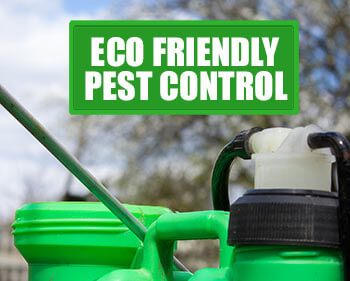From Guest Blogger Delicia Warren: Environmental Issues 2018–Are GMOs the Death of Organic Gardening?

The statement from TruGreen says that all their ingredients can be found in other products on the market. This doesn’t really elicit trust, does it? Who is to say those other products alluded to in the TruGreen statement are any more ethical than their own company? In the end, there is a growing concern that GMOs, if left unchecked, could be the death of organic gardening. Here is some of what we know.
GMOs Have NOT Been Used for Thousands of Years
One of the selling points of proponents of GMO use is that they have been around for thousands of years. This is absolutely not true. There is a difference between cross-breeding and genetically modified organisms, but they feel as though the world is ignorant enough to fall for this. No one had the technology even a century ago to develop GMOs, so how could they have been around for several millennia? Maybe aliens brought them? Even so, it’s a ludicrous statement and one which most people will see right through.
GMOs Are NOT Needed for Weed and Pest Control
In an effort to justify the use of GMOs, farmers are told that they are needed to control pests and weeds. This is absolutely not the case. There are many organic ways to reduce garden weeds and there are even plants which can keep bugs away from your crops. Lemongrass (citronella) is just one example. If you plant a row of citronella between every row of food-bearing plants, bugs will naturally stay away. Don’t you use citronella candles on your patio for this reason? With plants in the lemongrass genus you can have the same benefit in your garden.
GMOs Do Get Carried to Other Fields
Another blatant lie is that GMOs aren’t carried from crop to crop. That is most definitely a false statement. Consider how plants are pollinated and you’ll see how nonsensical that statement truly is. If pollen isn’t carried far afield by bees, then winds will do the damage. Some small farmers have gone to using hermetically sealed grow tents, but for large crops which feed the nation, there is no way to keep them in sealed environments. As a side note, new evidence is linked to diminishing colonies of bees in North America because they are dying out due to GMOs.
So then, what is your conclusion? Do you think GMOs spell out the death of organic farming? Unless an end is put on the sale of GMO plants, it could spell disaster for the natural world. It may not be the end of organic gardening today, but at some future point, all plants may be affected. Time will tell, but are you willing to wait for the news? It’s time to stand firm and protest their use. Sign petitions such as this one on change.org. The voice of the many can make a difference.
Bio: Delicia Warren is a freelance writer, passionate about the environment, organic farming and food production. An advocate for a holistic approach to the world’s problems, she has a particular interest in the small changes individuals can make to their lifestyle to minimize their environmental footprint
